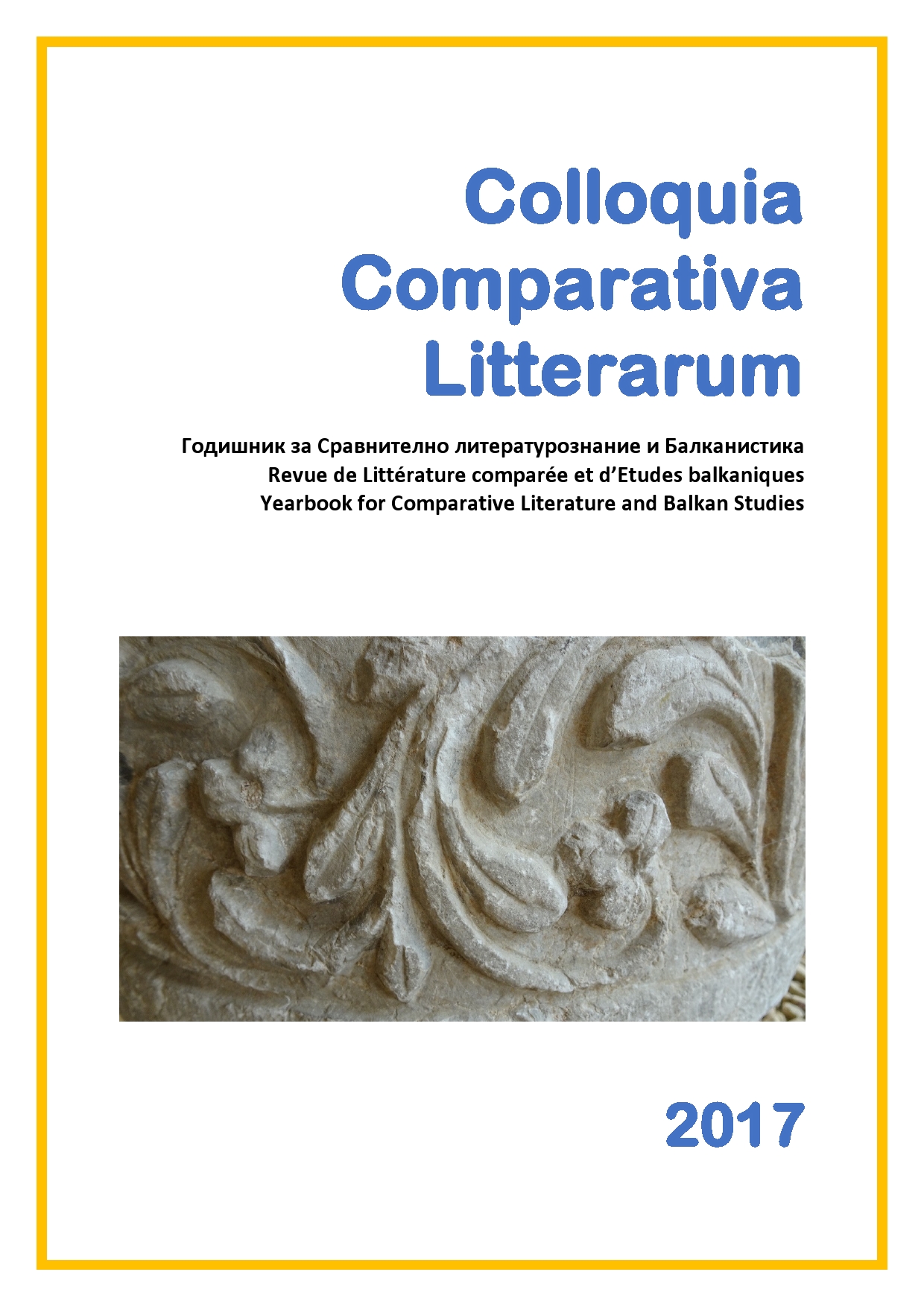Ève nouvelle. Observations sur le roman européen moderne de l’entre-deux-guerres
The New Eve. Observations on the Modern European Novel of the Interwar Period
Author(s): Aglika PopovaSubject(s): History, Language and Literature Studies, Studies of Literature, Recent History (1900 till today), Comparative Study of Literature, Bulgarian Literature, Romanian Literature, Interwar Period (1920 - 1939)
Published by: Софийски университет »Св. Климент Охридски«
Keywords: Biblical myth; first human couple; Eve; modern novel; literature of the Interwar period
Summary/Abstract: Within the scope of this article, examples from Bulgarian and Romanian literature, which are representative of Balkan literatures, have been used as the subject of a comparative study alongside examples from French literature. The thematic framework of the Biblical creation myth, and in particular the figure of Eve, allow for the identification of common perspectives. Ever since the Expulsion from the Garden of Eden, humankind has been following the preordained path of mortality. However, the Biblical narrative does not end with the fall of man. The Savior's birth atones for the first woman’s sin of disobedience, and the Virgin Mary becomes the New Eve, mother of the living. Modern representations of Eve require a change of scene as the common sacred time setting is reversed to actual reality, where the character building is done through the issue of assurance of salvation. The New Eve takes on the characteristics of a fugitive and a murderess. Based on the cited body of works by Tchavdar Moutafov, Anna Kamenova, Liviu Rebreanu, and Mircea Eliade, this is the point where we begin to single out the contemporary messages of the European novel. The French writers who have been selected as object of comparison are François Mauriac and Jean Giraudoux.
Journal: Colloquia Comparativa Litterarum
- Issue Year: 2017
- Issue No: 1
- Page Range: 133-143
- Page Count: 11
- Language: French

